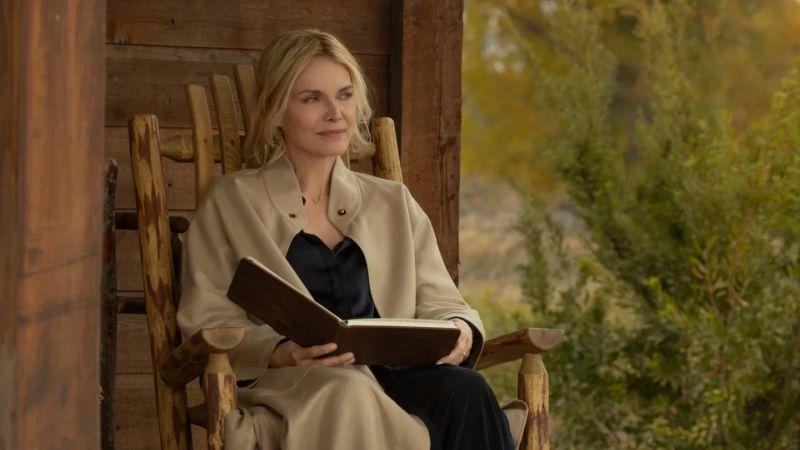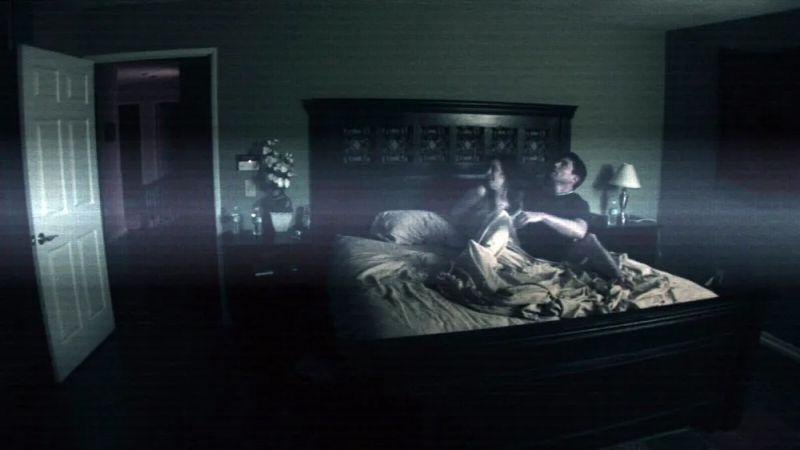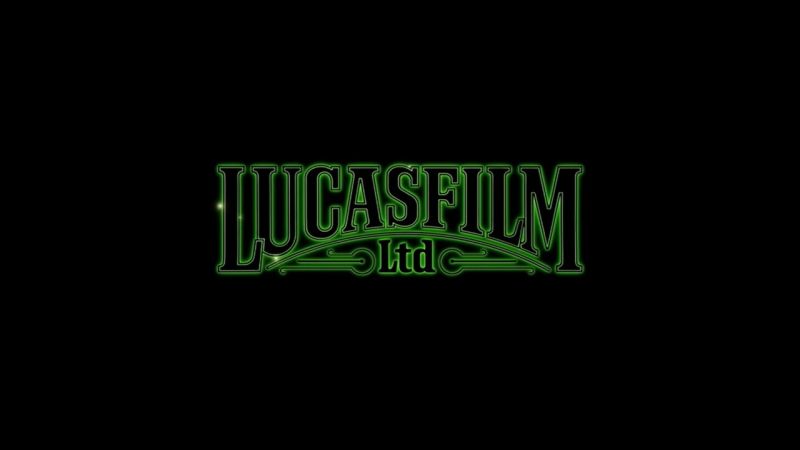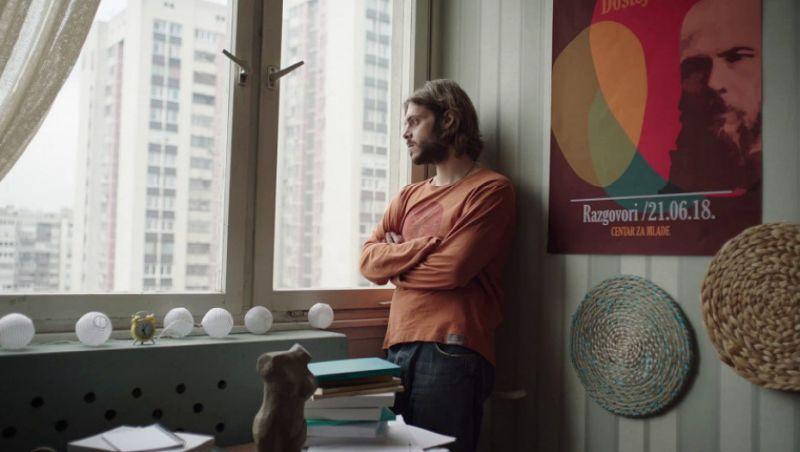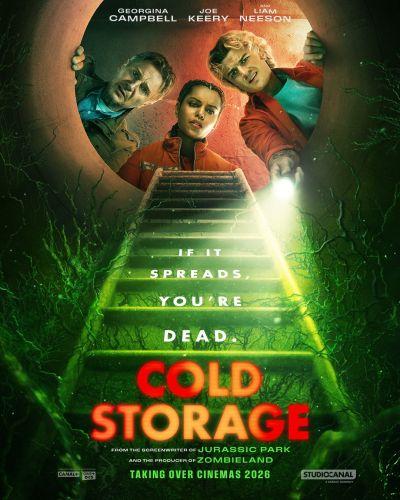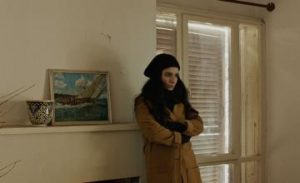 Fillmofil.ba proudly represents the works of young critics done in program Talents Sarajevo of 23rd Sarajevo Film Festival
Fillmofil.ba proudly represents the works of young critics done in program Talents Sarajevo of 23rd Sarajevo Film Festival
Written by Asli Ildir
Hinterland, also the name of the short movie by the Turkish director Sinan Kesova, has been one of the most popular concepts used in Turkish cinema after the 1990s. The discussion generally concentrates on how the existence of a center (İstanbul, or the big cities in the case of Turkey) automatically creates its own periphery, or the “other”, which is the ‘hinterland’, or the province. Kesova constitutes his short story on this charged concept starting from the title of the movie, and subverts the highly used dichotomy by manipulating the sense of time by using devices such as slow motion and rhythmic sound effects. Especially since he slows down the time in the city, he breaks up the usual pace and haste of urban life.
Çiğdem and Kerim, a couple in their thirties leave the center of İstanbul with their ten-year-old detached daughterto get to the outskirts or so-called ‘hinterland’ of the city to sell an old house, inherited from Çiğdem’s father. The movie opens with a scene in an old elevator, a child putting her hand on the vertically sliding doors. This verticality and upwards (and downwards) motion of the first scene is juxtaposed with the static, old and necessarily horizontal ‘hinterland’ with its worn-out, separated houses- emphasized by the widescreen format of the screen.
However, Kesovajuxta poses two sorts of time existing in the city and the ‘hinterland’. Even though there is motion in the scenes with the elevator, the car, the streets and traffic lights, the center is monotonous and therefore static. The reflections of the traffic and the cars suppose a kind of colourful chaos, which is not really experienced by the silent and tense characters. There is even a slight use of slow motion towards the end of the movie, when the family goes back to the city but stops to buy fish for dinner. As time slows down, there is a clock sound in the background with its monotonous tic-tacks, just like the sliding elevator doors. The city appears to be like it is designed, in order, and “developed up the sky” with its verticality.However, it is monotonous despite all the possible colours and the chaos. Time and life in ‘hinterland’seems to have stopped or to have never started at all, which is visualized with the static, timeless shots of the abandoned, anonymous old house. The center, on the other hand, supposedly has a dynamic concept of time, a vertical movement towards the sky, which assumes a starting point and also an arrival destination. As the basic urban development discourse presumes for the modern times; the city is a space for “change, for development and for new opportunities” while the “backward” periphery halts time.
The camera shows us the old house from different perspectives, as if trying to capture an old memory left behind. After the couple arrives to the ‘hinterland’ and enters the old house, a real estate agent comes to make them sign some documents. Later, we understand that the house is going to be sold at a high price but the family is planning to lie to the other members of the family to get more money, which is the possible reason for the silence and tension between the couple. Kesova refuses to accept the simple, traditional dichotomy between the periphery and the center and he is interested in how the characters transform their spaceswith their own ‘hinterlands’. Çiğdem, who is enthusiastic about selling and also ready to deceive her family for money seems like a figure fitting into the materialistic and individualistic atmosphere of the city. On the contrary, Kerim is very suspicious of the situation, and probably experiencing a moral crisis, which can be seen on his face. Change (represented by the decision of selling the house) disturbs him obviously, which makes him more akin to the ‘hinterland’.After they enter the old house, the little girl asks her mother permission to play on the iPad. As the father hesitates, the mother says: “Let her play, what else could she do here?” Here and there, then and now, the center always has the possibility to turn into the ‘hinterland’.

